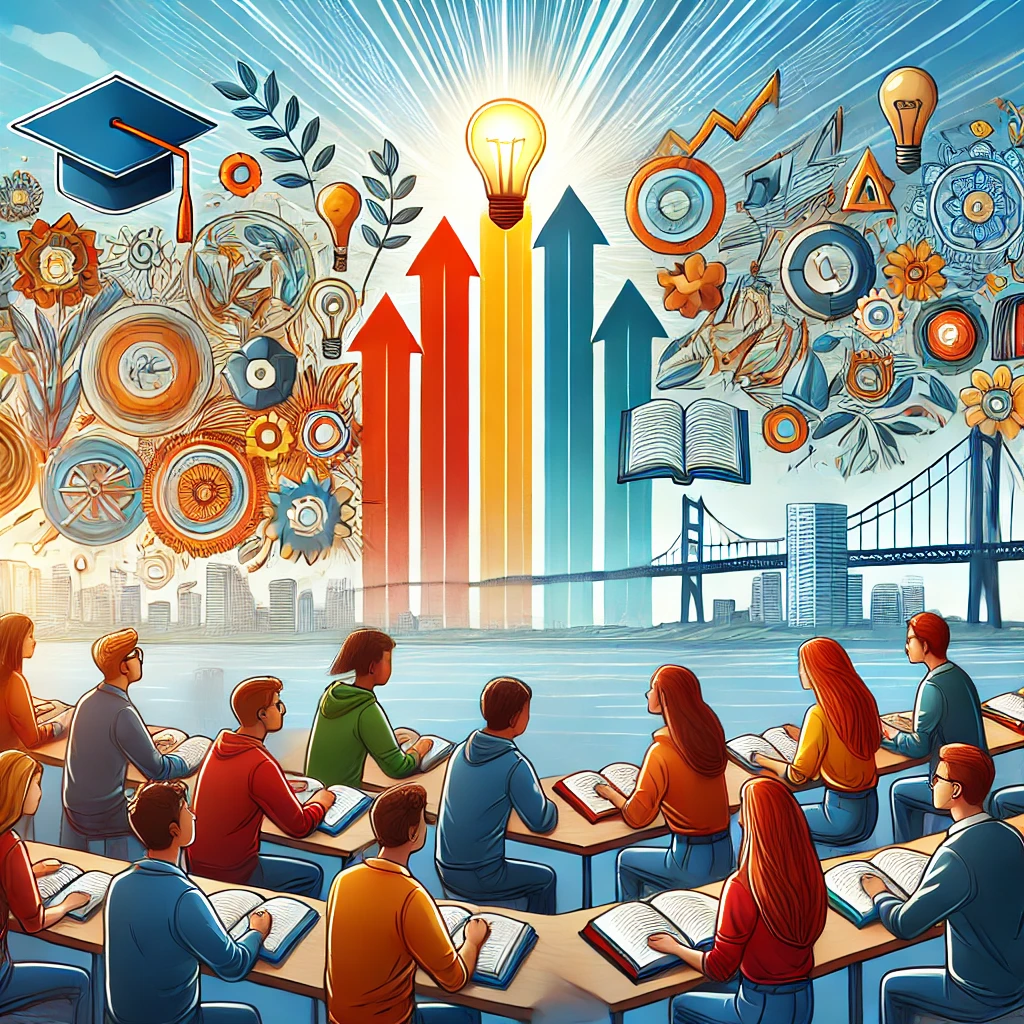Educational Resources

07/03/2025
Education as a Tool for Social Equity: Addressing Disparities through Education
Education is a powerful tool for promoting social equity and addressing disparities within communities. By providing equal access to quality education, we can help bridge gaps, empower individuals, and foster a more equitable society. Here’s how education can be utilized to tackle social disparities and promote fairness:
1. Breaking the Cycle of Poverty
Overview: Education is a key factor in breaking the cycle of poverty and providing individuals with opportunities for upward mobility.
Benefits:
- Improved Economic Opportunities: Access to quality education increases job prospects and earning potential, helping individuals and families escape poverty.
- Skill Development: Education equips people with skills and knowledge that are essential for securing stable employment and achieving financial independence.
- Long-Term Impact: Educated individuals are more likely to invest in their children’s education, creating a positive generational impact.
2. Promoting Gender Equality
Overview: Education plays a crucial role in advancing gender equality by empowering individuals regardless of their gender.
Benefits:
- Empowerment: Provides women and girls with the knowledge and skills needed to participate fully in society and the workforce.
- Reduced Gender Gaps: Helps close gender gaps in areas such as employment, leadership positions, and income.
- Social Change: Educated individuals are more likely to challenge and change discriminatory practices and norms.
3. Enhancing Inclusivity for Marginalized Groups
Overview: Education can address the needs of marginalized and disadvantaged groups, promoting inclusivity and equal opportunities.
Benefits:
- Access to Resources: Provides marginalized communities with access to educational resources and support systems.
- Representation: Encourages diverse perspectives and experiences within educational settings, fostering a more inclusive environment.
- Empowerment: Equips individuals from marginalized backgrounds with the tools to advocate for their rights and participate in societal development.
4. Strengthening Community Development
Overview: Education contributes to the overall development and empowerment of communities by building capacity and fostering civic engagement.
Benefits:
- Skill Building: Provides community members with skills that contribute to local development and economic growth.
- Leadership Development: Cultivates leaders who can drive community initiatives and advocate for social change.
- Civic Participation: Encourages active participation in community affairs and decision-making processes.
5. Fostering Equal Opportunities for All
Overview: Ensuring that all individuals have equal access to quality education is fundamental to creating a fair and just society.
Benefits:
- Equitable Access: Addresses disparities in educational opportunities based on socio-economic status, geographic location, or other factors.
- Achievement Gap Reduction: Helps reduce gaps in educational achievement between different demographic groups.
- Social Mobility: Provides individuals with the means to improve their socio-economic status and achieve their full potential.
6. Promoting Lifelong Learning and Adaptability
Overview: Education fosters lifelong learning and adaptability, which are crucial for navigating an ever-changing world.
Benefits:
- Continuous Improvement: Encourages individuals to engage in lifelong learning and skill development.
- Adaptability: Equips people with the ability to adapt to changes in the job market and societal needs.
- Personal Growth: Supports personal and professional growth throughout an individual’s life.
Conclusion
Education is a powerful tool for addressing social disparities and promoting equity. By ensuring that all individuals have access to quality education, we can break the cycle of poverty, advance gender equality, support marginalized groups, and strengthen communities. At Mahiti Seva Samiti, we are committed to leveraging education as a means to create a more equitable society, providing opportunities for all to thrive and contribute to meaningful social change.
Through targeted educational programs and initiatives, we aim to empower individuals, foster inclusivity, and drive community development, ultimately contributing to a fairer and more just world.
